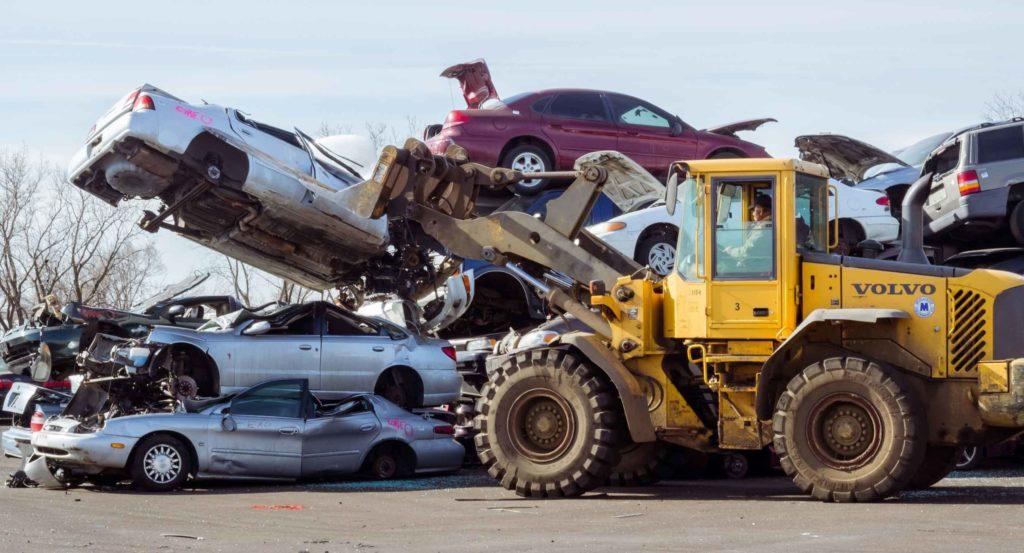What Are the Steps to Take When Selling a Car That Is No Longer Roadworthy?

Owning a car that has reached the end of its usable life can be stressful. Whether it has mechanical faults, accident damage, or has failed inspection, selling a car that is no longer roadworthy requires a different approach compared to selling a running vehicle. In Australia, strict regulations apply to unregistered and unroadworthy vehicles, so it is important to follow the right steps to complete the process legally and efficiently.
Step 1: Assess the Condition of the Vehicle
The first step is to identify why the car is no longer roadworthy. Common reasons include:
-
Major engine or transmission issues
-
Rust damage that affects the structure
-
Severe accident damage
-
Faulty brakes, steering, or suspension
-
Failure to meet emission standards
Understanding the extent of the issues will help you decide whether it is worth repairing or if selling is the better option. In many cases, repair costs far outweigh the market value of the car.
Step 2: Collect the Necessary Paperwork
Even if the vehicle cannot be driven, you still need to prove ownership when selling it. The essential documents usually include:
-
Vehicle registration papers
-
Proof of identity
-
Any service or repair history you may have
Having these ready ensures a smooth transaction and avoids disputes about ownership.
Step 3: Remove Personal Belongings
Cars that have been sitting unused often still hold personal items inside. Before arranging a sale, check:
-
The glove box and centre console
-
Under the seats
-
The boot and spare wheel compartment
Removing items early avoids confusion later and ensures nothing valuable is left behind.
Get top cash for your old car in Adelaide: https://carremovaladelaide.com.au/old-car-removal-adelaide/
Step 4: Decide on the Selling Method
When a car is no longer roadworthy, selling privately can be difficult. Most buyers want a vehicle that can be driven straight away. Common options include:
-
Selling to wreckers: They often buy vehicles for parts or scrap metal.
-
Cash for cars services: These businesses purchase cars in any condition, arrange towing, and handle the paperwork.
-
Selling parts separately: If you have the time and knowledge, you can dismantle the car and sell valuable components like tyres, batteries, and electronics before scrapping the shell.
For most people, dealing with a car removal or cash for cars service is the most practical option.
Step 5: Organise Vehicle Collection
Cars that cannot be driven need to be towed. Most removal services offer free pick-up, which saves you from organising transport yourself. It is important to schedule a time that suits you and ensure the car is in a location where it can be accessed safely.
Step 6: Receive Payment
Once the vehicle has been assessed and collected, payment is usually made either in cash or via bank transfer. Always confirm the method of payment before agreeing to the sale. Licensed car removal services ensure the payment process complies with state regulations.
Step 7: Cancel Registration and Insurance
After the car has been sold, notify your state’s road authority to cancel the registration. In some cases, you may receive a refund for the remaining registration period. Do not forget to contact your insurer to cancel the policy as well.
Why Car Removal Services Are Practical for Old Cars
Cars that are unroadworthy often continue to cost money if left idle. They take up valuable space, can leak fluids that harm the environment, and may even attract council complaints if stored in public areas. Car removal companies provide a legal and simple way to sell such vehicles.
For example, in Adelaide, services that specialise in cash for cars allow vehicle owners to sell unroadworthy cars without paying for repairs or towing. By offering to purchase cars in any condition, including those written off or unregistered, they give owners an alternative to leaving the vehicle idle or paying storage fees. This approach not only saves money but also ensures the car is recycled responsibly.
Environmental Impact of Selling Unroadworthy Cars
One often overlooked aspect of selling old cars is their effect on the environment. A vehicle that is no longer roadworthy can release harmful substances such as oil, coolant, and battery acid. Car removal services ensure these materials are collected and disposed of safely.
In addition, many parts such as tyres, metals, and electronics are recycled. This reduces landfill waste and supports the circular economy, where old materials are repurposed for new products.
Final Thoughts
Selling a car that is no longer roadworthy may seem difficult, but by following the correct steps it can be completed without unnecessary stress. Assess the condition, prepare the paperwork, remove personal belongings, and choose the right selling method.
For most people, car removal companies offer the most practical solution, as they take care of towing, payment, and recycling. This not only saves time and money but also ensures the vehicle is disposed of in an environmentally responsible way.








